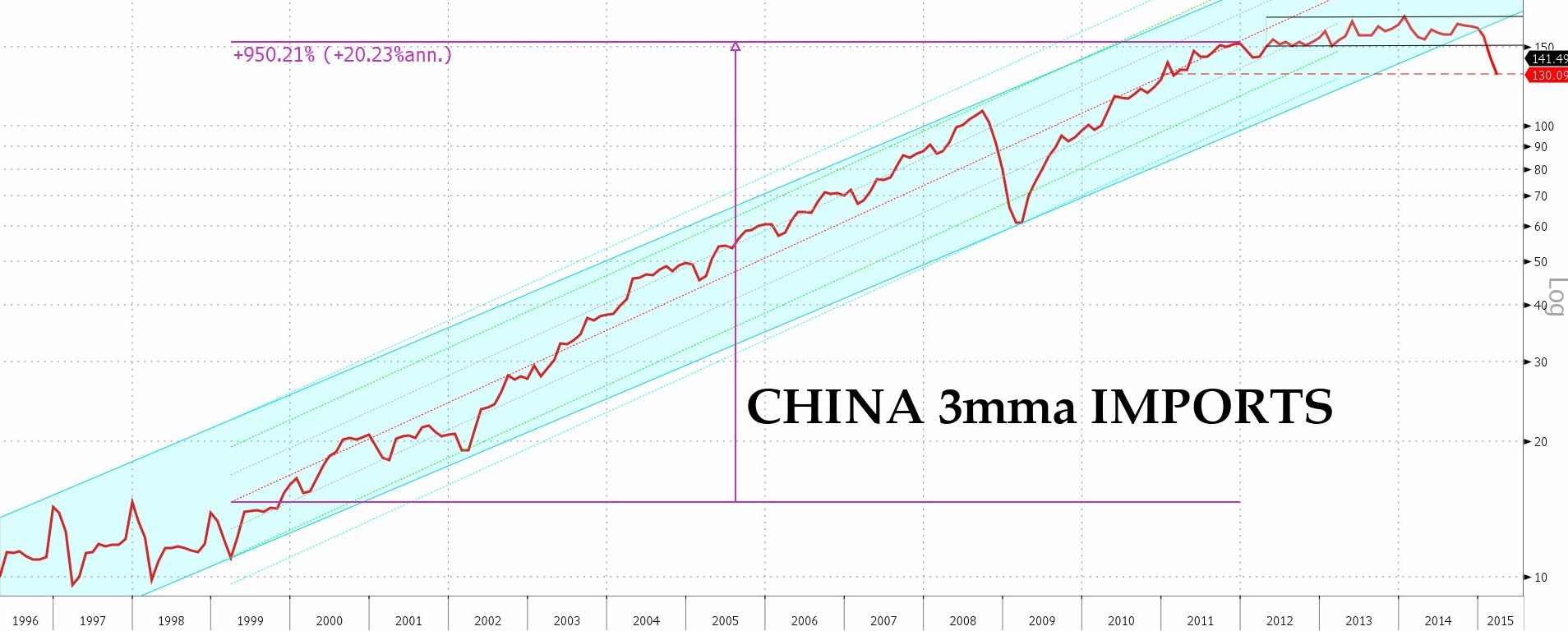Sometime in 1760, Venture Smith, a slave “resolutely determined to become free,” purchased his freedom— with his own savings. After all, in free markets, most everything is really a matter of price. Well, then, if Mr. Smith could buy his freedom from slavery, why is it not possible for us to buy our freedom from the slavery of taxation? Far-fetched? Dominik Schönenberger thinks this is the real market solution to the debt woes of governments.
How much longer can our governments remain this indebted? With tax revenues insufficient to cover expenses and leaders still clamouring for spending today rather than saving for tomorrow, it is no wonder that states are largely funded with debt. But there is a better way. There are some people with a lower time preference who stand willing to forgo the benefits that governments are struggling to pay for.
The government should offer citizens and companies a way to buy their freedom from taxes. Against a one-time payment, they would be relieved of the obligation to pay a specific tax, relinquishing in the process any rights they would otherwise have gained.
How about being relieved from compulsory health insurance against a one-time payment of CHF 20’000? Henceforth, you could take care of yourself within your own means. Are you interested in freedom from compulsory unemployment insurance or retirement plans? In the view of some citizens, such services are meaningless, and a Freikauf would be interesting to them.
How about a lifelong exemption from income tax? How much are you willing to pay for never again having to pay tax on the first CHF 100’000 of annual income? Is it worth CHF 50’000? CHF 80’000? (Of course, the tax-exempt amounts would have to be adjusted to inflation. We certainly do not want to create yet another incentive for inflationist policy.)
Such purchases of freedom would also be in the interest of the indebted state. The eyes of politicians are already gleaming at the prospect of instant money now. In addition to receiving an immediate cash influx, the government would be relieved of providing costly services to those who have opted out. It would be downright irrational for the government to turn down such a deal—at the right price. It is simply a matter of price.
The supposed “solidarity” of taxes would not be affected by such transactions. The freedom seeker is not magically exempt from taxes; instead, he makes a substantial one-time payment to the government and abstains from receiving future services or benefits. In fact, such an action represents true solidarity because it is voluntary. This is not the case with taxes—which are enforced with violence and threats and have nothing to do with true solidarity.
But what about freedom buyers who become impoverished later in life and can no longer afford expensive healthcare? To avoid the necessity of the government stepping in to resolve such a situation, one’s acquired freedom could be conditional upon the preservation of a certain amount of wealth, to be evidenced annually. Consider that such an annual demonstration of wealth is already required by the tax codes of Switzerland and many other countries. As soon as one’s savings fall below a certain limit, the freedom buyer could again be forced to become insured under government healthcare programs, and may have to pay a contractual penalty. (There is of course a case to be made against such compulsory programs in the first place, but the deals proposed here are still a marginal improvement.)
Would such freedom purchases create additional bureaucratic burden? Yes—but the costs would be borne entirely by the freedom buyers who enter the contracts voluntarily and individually. For once, bureaucracy would operate in the name of freedom.
This article was previously published in Edelweiss Journal, Issue 7 (26 June 2012)




It is like in the Roman empire. You had slaves, who worked for the master who in turn gave them enough to live, but slaves could buy their freedom from the master. It’s paying the State/Master for the present value of future services and fees (discounted future services amount higher than discounted future fees/tazes, then? Or admittance that we are natural born slaves?) then becoming rights(services) and taxes(fees) free.
If Switzerland has adopted it, then it is the only one State in the world who understood “freedom” and “associationism”.
Better still let us not pay the salve master for anything, let us just abolish him.
I think the problem with this idea is that eventually, the government will stiff the citizen and break the freedom payment contract, requiring the citizen to pay taxes anyway.